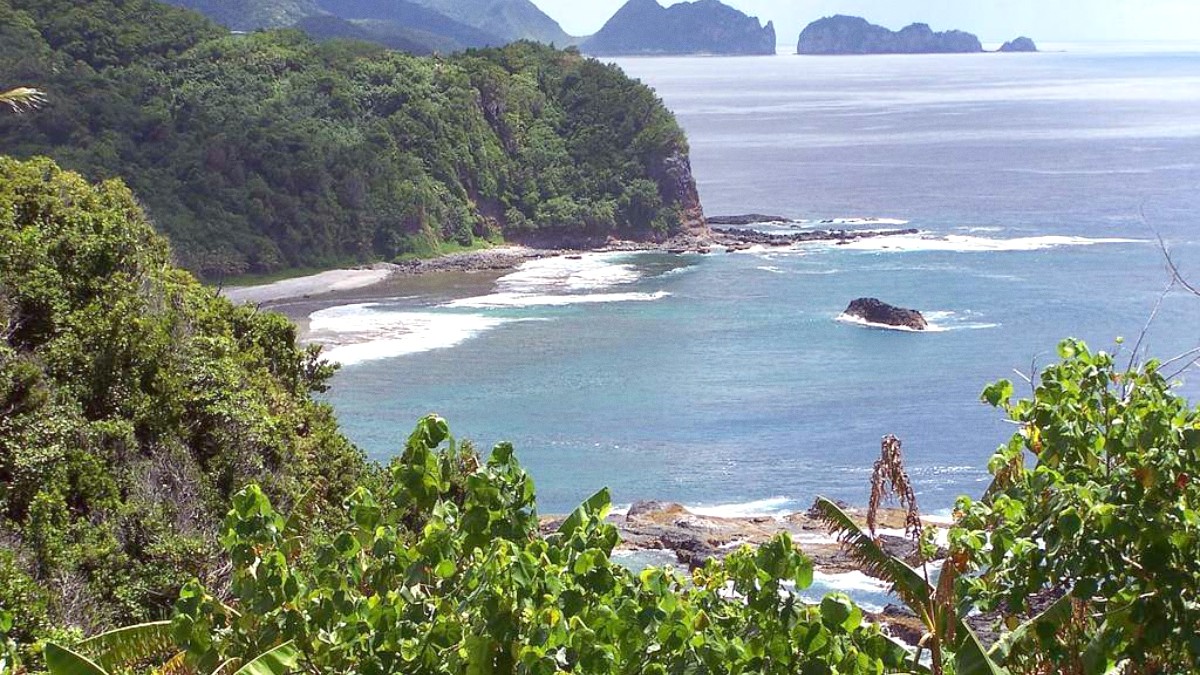
Samoa
Samoa's natural landscape provides an ideal setting for outdoor pursuits, from hiking to water sports.
This moderate hike begins behind the Robert Louis Stevenson Museum in Vailima. The trail leads up to the author’s tomb and offers rewarding views of Apia and the surrounding coastline. The return trip typically takes 1-2 hours. The path can be slippery after rain. Recommended footwear: Columbia Newton Ridge Plus II Waterproof Hiking Boots or sturdy closed-toe sandals.
Located on the south-central coast of Upolu, this park features a range of trails. Options vary from short walks to longer treks to impressive waterfalls (like Togitogiga Waterfall) and ancient lava fields. Signs often mark trails clearly.
Most trails in Samoa are moderate, meaning they involve some uphill sections and uneven terrain. Some, especially after rain, can become challenging due to humidity and muddy, slippery conditions.
Dedicated cycling routes are limited. Cycling on main roads can be hazardous due to narrow shoulders and traffic. It is generally best for experienced cyclists comfortable with varied road conditions. Always use appropriate safety gear.
Many resorts and some local restaurants host lively Fiafia nights. These evenings feature traditional Samoan singing, graceful siva (dance) performances, and often spectacular fire knife dancing. A traditional Umu feast usually accompanies the entertainment. These nights present a convenient way to experience a range of cultural arts.
Kava, a non-alcoholic drink, is shared in a formal setting, accompanied by specific rituals and protocols. You can often experience a kava ceremony at the Samoa Cultural Village or, if lucky, by invitation in local villages.
This provides insight into daily life, allowing you to observe customs, share meals, and sometimes participate in village activities. This type of tourism supports local communities.
Samoa's largest annual festival, held in Apia in September. It celebrates Samoan culture with traditional dances, arts and crafts, fire knife dancing, and beauty pageants. It creates a lively, celebratory atmosphere.
Celebrated on June 1st with parades, sporting events, and cultural performances across the country, with Apia as a central point for official ceremonies and public gatherings.
Samoa offers serene settings for relaxation and rejuvenation, from luxurious spas to tranquil beaches.
Find tranquility and rejuvenation amidst Samoa's natural beauty.
Dedicated yoga and meditation retreats are limited in Samoa. However, some smaller guesthouses or private wellness providers might offer bespoke retreats or individual sessions.
The tranquil natural environment of Samoa, especially quiet beach areas or lush gardens, provides a peaceful setting for personal practice.
Resorts offer private beach access and well-maintained swimming pool areas for their guests. Many also feature poolside bars and lounges, creating a relaxing atmosphere. Some public beaches offer small day-use fales or shaded areas for a small fee.
Some restaurants and bars in Apia feature live local music, especially on weekends. These often play contemporary Samoan music or international covers. Resorts also host Fiafia nights, which include traditional cultural performances as part of the evening entertainment.
Nightlife in Apia is limited. It typically concentrates in a few small nightclubs or bars located along Beach Road, like Club X or Ace of Clubs. These venues attract a mix of locals and tourists, offering a chance to dance and socialize.
Apia does not have a distinct "bar district" in the way larger cities do, nor is a traditional "pub crawl" scene prominent. However, a small cluster of bars and restaurants with bar areas can be found along Beach Road. Most late-night entertainment centers around these few nightclubs or hotel/resort bars.
From local handicrafts to daily necessities, explore Apia's shopping scene.
Look for items handcrafted by Samoan artisans. Popular crafts include wood carvings (especially Tanoa - kava bowls), Siapo (tapa cloth), woven mats (Fala) made from pandanus leaves, and jewelry crafted from shells, seeds, and local wood.
Traditional clothing, especially the lavalava, features distinctive Samoan patterns and makes for unique souvenirs.
Beyond crafts, popular souvenirs include small carved items, clothing with traditional Samoan patterns, locally produced Samoan cocoa, and various coconut oil products (soaps, lotions, edible oils).
Luxury and boutique shopping options are very limited in Samoa. Most shopping centers on everyday necessities or locally produced crafts and goods. High-end fashion or specific international brands are generally not available.
To fully immerse in Samoa, balance adventurous outdoor pursuits with deep cultural engagements and moments of relaxation by the beautiful beaches.